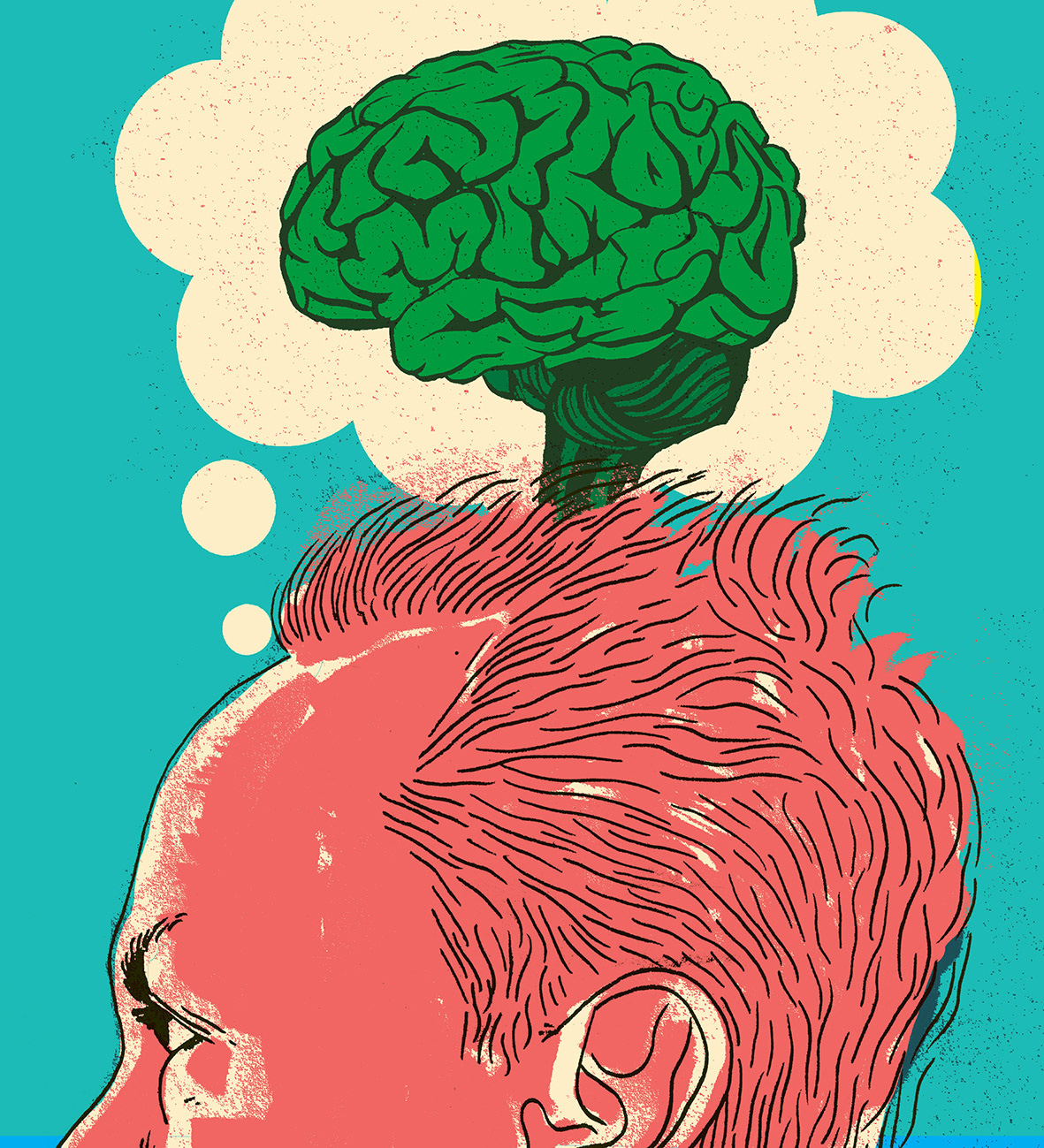A green screen for thought itself
Just as CGI did for movies, AI will strip thinking and writing of its passion

It’s rare that anything written on Twitter (now X) rises to the level of worthwhile remembering two years later. Strange, given the amount of words, how little truly lasting value it’s delivered. But one phrase in particular has stuck with me. It was from John Collison, the CEO of the payment processor Stripe (which all Substacks route through).
Describing the world as “a museum of passion projects” has only become more hauntingly accurate for me over time, and the phrase still pops into my head occasionally. Have you ever tried to change anything about a house? Anything significant at all, even about a house you own? To add an addition you need permits and workers and funding and there are randomly-spawned side-quests that pop up and the whole thing is taxing and exhausting and you soon realize that all houses everywhere represent a teeth-gritting amount of work.
It applies to both the large and the small: the infrastructure of New York City itself is basically just Robert Moses’ ossified passion project, for better or worse. While the phrase is most obvious in a physical sense, I think it’s equally true in an artistic sense when it comes to the best books, movies, music, etc. They too are “a museum of passion projects.” And it makes me worried that technological tools of convenience—the newest of which is generative AI—will sap the passion required to make things by rendering them too thoughtless to produce, inculcating a laziness that dims the bright candle of human artistic drive.
Just to pick one example that demonstrates this keenly amongst the popular cultural gallery of the last twenty years or so, consider Peter Jackson’s original Lord of the Rings movies, and how its successors like The Hobbit failed precisely because gritty movie-making passion was abandoned for the ease of computer-generated imagery.


